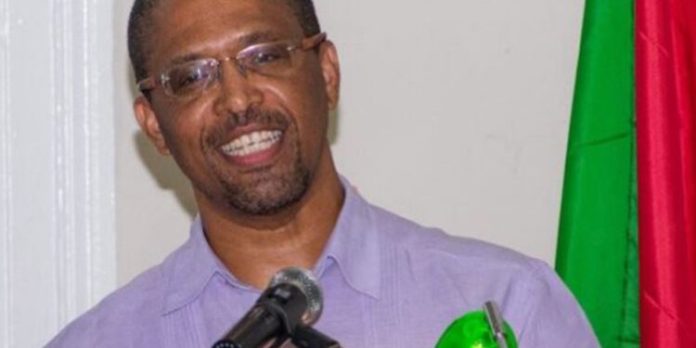Terrence Campbell, a prominent Guyanese businessman, has found himself at the center of a political storm that intertwines tax controversies with his emerging role as a vocal critic of the current administration. This saga has raised questions about the intersection of business, politics, and accountability in Guyana’s evolving political landscape.
The Tax Controversy
At the heart of the controversy is a tax settlement between Campbell and the Guyana Revenue Authority (GRA). In September 2020, Campbell requested a waiver of penalties and interest on late tax submissions and payments. The GRA granted him a waiver of $138,835,578, a decision that has since become a point of contention.
Campbell maintains that this was a routine waiver for late VAT payments, not tax evasion. He claims to have paid over $100 million in penalties and interest before requesting the waiver on the remaining amount7. However, the leak of this confidential tax information to the media has fueled accusations of preferential treatment and raised questions about the timing of the waiver1.
Political Implications
The tax controversy has become intertwined with Campbell’s political activities and criticisms of the government. As a member of the Natural Resource Fund (NRF) Investment Committee, Campbell has been vocal about the need for transparency in the management of Guyana’s oil revenues. His calls for accountability have apparently put him at odds with the administration, particularly Vice President Bharrat Jagdeo.
Campbell alleges that the government has weaponized the tax issue against him in response to his criticisms. He claims to have been subjected to police surveillance, false accusations, and threats of further legal action6. These allegations, if true, raise serious concerns about the state of democracy and freedom of speech in Guyana.
Credibility and Public Perception
The tax controversy has undoubtedly impacted Campbell’s credibility as a political figure. While he presents himself as a champion of transparency and accountability, his opponents use the tax waiver to paint him as a beneficiary of the very system he criticizes.
However, Campbell’s supporters argue that the focus on his tax affairs is a deliberate attempt to distract from the substantive issues he raises about oil revenue management. The Alliance For Change (AFC) and A Partnership for National Unity (APNU) have publicly defended Campbell, characterizing the attacks against him as part of a pattern of intimidation by the ruling party.
Broader Implications
This saga highlights the challenges faced by business leaders who enter the political arena in Guyana. The blurred lines between business interests and political aspirations can lead to scrutiny and allegations of conflicts of interest.
Moreover, the leak of Campbell’s confidential tax information raises serious questions about the integrity of Guyana’s tax administration system. The GRA has launched an investigation into the leak, emphasizing that such breaches of confidentiality are criminal offenses.
As Guyana continues to grapple with the management of its newfound oil wealth, the Terrence Campbell saga serves as a stark reminder of the complex interplay between economic interests, political power, and public accountability. How this controversy unfolds may have significant implications for the future of political discourse and governance in Guyana.


